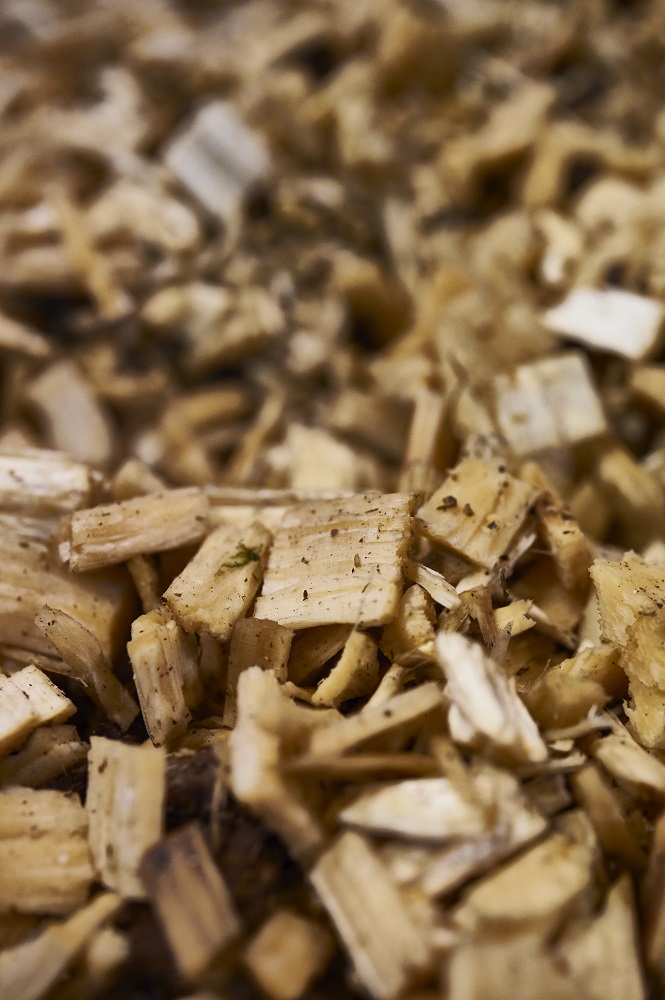The seemingly never-ending fiasco over the Renewable Heat Incentive in Northern Ireland is continuing to drive poultry farmers to despair
Three years on, one public inquiry later, after numerous government resignations and following the collapse of the parliament at Stormont, the fallout from the botched Renewable Heat Incentive (RHI) scheme in Northern Ireland is continuing to cause hardship and anxiety among poultry farmers affected.
The Ulster Farmers’ Union says that current proposals from the Department for the Economy (DfE) to deal with financial difficulties among RHI participants are inadequate.
Poultry farmers were among the biggest claimants of the scheme, which collapsed in 2016, along with the Stormont assembly itself as arguments consumed the two major parties sharing power.
The UFU has submitted a response to the DfE’s Call for Evidence on the establishment of a unit within the department to examine cases of hardship among RHI claimants.
Commenting afterwards, UFU deputy president Victor Chestnutt said, “In our submission, we reiterated the view that the proposals as they currently stand are nothing more than a sticking plaster. Analysis of European Union regulations suggests that the only assistance on offer is a six-month loan at commercial rates. This would involve recipients, who are already under financial pressure, having to commit to more debt which makes no sense.”
Chestnutt said farmers had no confidence or trust in DfE because department officials were dismissing the serious situation that many farming families are now in due to RHI – their livelihoods are at stake.
“In the supporting documentation, DfE would appear to fail to grasp the exact nature of the hardship being faced by RHI recipients and we made this clear. RHI participants are being made the scapegoats for the failings of government. They entered into a government scheme in good faith and were essentially sold out,” he said.
“As well as other reservations, we voiced our concerns at any possibility that the chair and panel of the proposed unit may be appointed by DfE. We stressed that members of this panel should not have had any connection with DfE either presently or historically,” Chestnutt added.
In March, the decision was made to cut the subsidies for existing boilers in Northern Ireland, in order to try and limit the extent of taxpayer liability. Average payments to boiler owners to help them buy wood pellets decreased from £13,000 a year to £2,000. The UFU said the change left many producers with a “cash flow shock” and Moy Park told a Westminster inquiry earlier this year that the cuts to subsidies has left its Northern Ireland growers at a commercial disadvantage compared to those in Britain.
“This is completely unsustainable and doesn’t account for loan repayments, maintenance, or fuel. Farmers in GB and ROI will be able to produce birds at a much lower cost, making them more competitive in the marketplace,” said Chestnutt.
The history of a botched scheme
Last year, the RHI inquiry heard over the course of 111 days of oral evidence a story of financial mismanagement and government incompetence. But the inquiry, which concluded in November 2018, also put the poultry industry under the spotlight and has seen former Moy Park chief executive Janet McCollum forced to answer questions in public about whether the scheme benefitted the firm.
The scheme was set up in 2012 to boost uptake of eco-friendly heat systems – but the government failed to cap the limit for claims, meaning it was possible exploit the scheme for profit.
Stories of empty sheds being heated year-round started to circulate, but the inquiry found no detailed evidence of this happening, and these stories remain anecdotal.
By late 2016, the RHI scheme had been closed down, but it left behind a bill of £490m, and relations between Northern Ireland’s two biggest political parties started to rapidly sour.
It also sullied the reputation of farmers who installed boilers, many of them part of the poultry industry. The UFU says its members were let down by government. “The majority of farmers entered the scheme in good faith and operated in line with RHI regulations. The government, responsible for designing and delivering the scheme, have let the industry down,” says a UFU spokeswoman.


